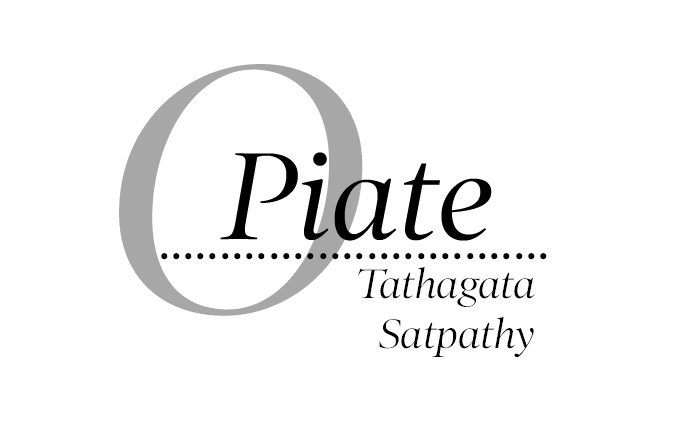The aggressive posturing of the Chinese Peoples’ Liberation Army (PLA) on the Indian border, mostly at Ladakh, seems to be a ploy to misguide the Indian defence forces. Ladakh gains importance since it is on the path of One Belt One Road (OBOR), a pet project of Xi Jinping. However, it is more likely that China has its eyes set on not only Arunachal Pradesh but possibly other parts of the North East of India through which it can gain direct access to Bangladesh and sea ports like Chittagong. That may give the Red Dragon a convenient access to the Bay of Bengal and all the littoral countries.
Recent past has seen an upsurge of anti-Chinese Indian rants on social media. Pictures and videos of helpless Indian soldiers merely holding sticks and abusing in filthy Hindi words while confronting some formidable Chinese contingents are doing the rounds. The courage of the Indian soldiers must be admired. In those videos, the Indian side looks ill equipped and poorly armed while the Chinese forces look menacing. The point to consider is the sudden emergence of anti-China sentiments amongst the average Indian. What is interesting to note is that till the recent past, the same kind of people were trained or habituated to abuse Pakistan. The eternal mistrust towards Indian Moslems by the Indian Hindoos had deep roots. The plant that sprouted from the roots was pure poison which found its prey in Pakistan. For most of these people and the political thought that this poison created, Pakistan became the embodiment of hatred from 1947 onwards. While from the beginning, the whole world as also most educated Indians were aware that Pakistan was a ‘failed state’ from inception, this crowd kept up the din for its own petty ends. While Pakis also enjoyed the same attitude as Indians, they too were unable to rise and shine. The result was that Indians bound themselves up with a puny Pakistan while the Chinese threat was constantly growing and getting more formidable. Some may recollect when former Defence ministers Late Arun Jaitley had said that this is not India of 1962; the Chinese spokesperson had retorted that “He is right in saying that India in 2017 is different from 1962, just like China is also different”. This kind of a talk cannot come from Pakistan. And the whole world understands what the Chinese supremo Xi Jinping meant when he gave clear instructions to the PLA to ‘prepare for war’ this past week.
The aggressiveness of the PLA is certainly unsettling for all Indians. Nobody in this country in her or his right mind would be interested in a war with China. However, most unsettled are those who never ever considered a real life threat from a country like China. It would not be out of place to mention here that the only senior Indian politician who consistently spoke about the ‘real danger’ of China was Mulayam Singh Yadav. A former Defence minister of this country, Mulayam has been steadfast in claiming that India’s defence spend has been terribly skewed by focusing on Pakistan as the prime enemy. This has been markedly so since 2014 after the BJP formed the Union government. The supporters of that political party are understandably upset and confused because they realize the nation has been misled in its preparedness for serious war like situations.
This has resulted in the creation of a cacophonous demand for rejecting Chinese goods. This demand is being put up for public action. The argument is that India can hit back at China through economic means and teach it a lesson. The problem with this thought is that Chinese goods have, over a long period of time, swamped the Indian markets. From flashlight cells to most power plants that help light up our homes, everything is Chinese. While the Congress-led UPA completely surrendered to the push of Chinese goods, the Modi government silently accepted the total hegemony of China over India’s industries and trade. Fake patriotism will be difficult to get entertained unless and until the government implements drastic and strong trade laws that prohibit Chinese goods from entering India. While Tik Tok, a Chinese entertainment app, has virtually entered every Indian household, the Chinese have alternatives for Google in Baidu and Youtube is replaced by Youku. This proves that India, claiming to be an IT giant, has failed in creating a single software or app worth its name that has gained mass appeal. In other words, all these Infosys, Wipro, TCS and such other companies have been simple job-order contractors. Somewhere abroad someone visualizes the concept of software that they require, our IT companies use a lot of labour force and execute that order. Outsourcing and call centres are our forte. In defence production, India has tried to play along political lines, keeping election fundings in mind. The result is what a recent CAG report claimed that India has ammunitions to barely last a 20-day war.
Overall scenario is gloomy. Political maneuvering by Indian leaders seems to have come to an end. God forbid, if there be a war, we Indians will be in an unenvious position.
